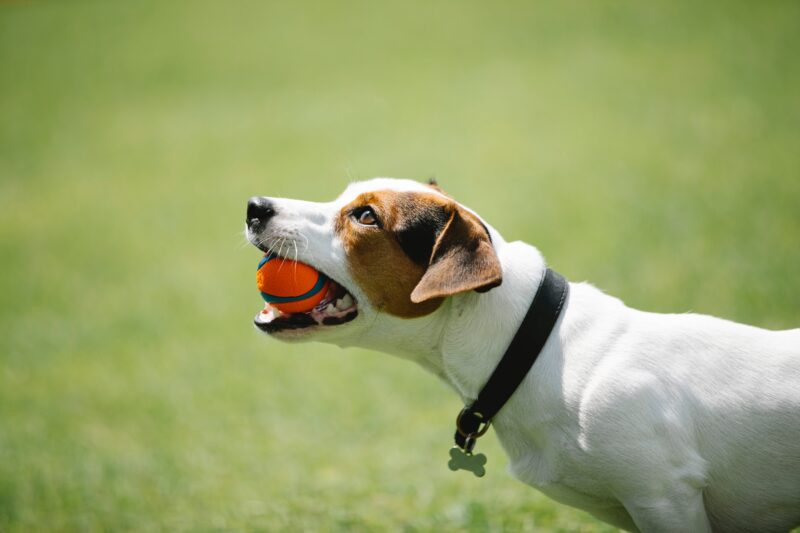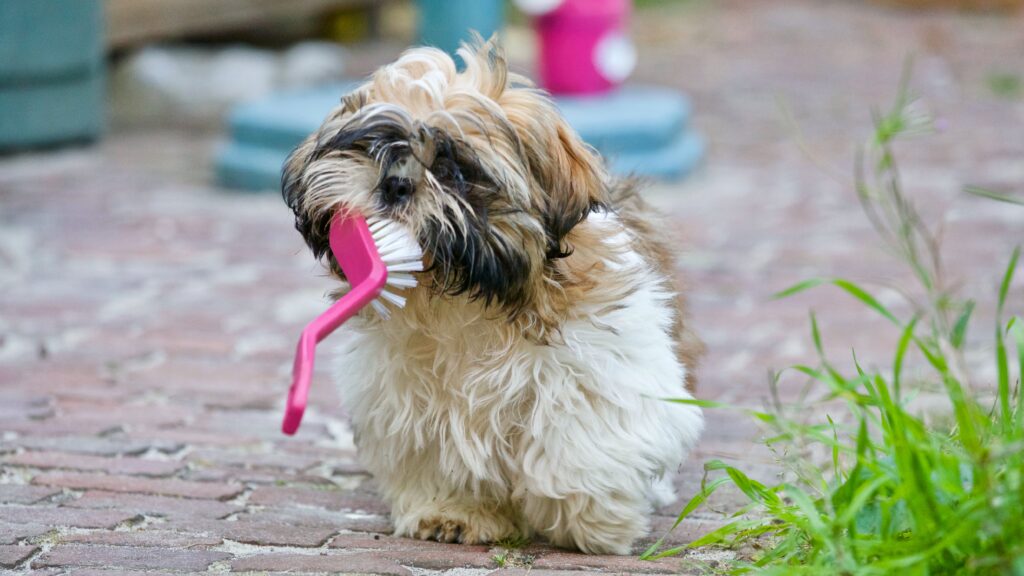In the tapestry of a dog owner’s responsibilities, the importance of canine dental health often occupies a backseat. Yet, understanding and actively addressing this facet of your dog’s well-being is paramount for their overall health and happiness. In this comprehensive guide, we will delve into the intricacies of canine dental health, unraveling its significance, and offering an array of expert tips to ensure your dog’s teeth stay clean and their smile radiates vitality.
The Nuances of Canine Dental Health:
Dental issues in dogs extend beyond cosmetic concerns—they can significantly impact their quality of life. A deeper understanding of these nuances can empower pet owners to take proactive measures:
Periodontal Disease Dynamics:
Periodontal disease, initiated by plaque and tartar buildup, is a pervasive issue. It can lead to inflamed gums, pain, and even tooth loss if not addressed. The bacteria involved can also enter the bloodstream, affecting other organs.
Unmasking Bad Breath:
While doggy breath is normal, an unpleasant odor can be indicative of dental problems. The smell arises from the presence of bacteria, possibly signaling the need for a thorough dental examination.
Decoding Tooth Decay:
Tooth decay is not exclusive to humans. Dogs can suffer from cavities and decay, impacting their ability to chew and leading to discomfort. Recognizing these signs early can prevent further complications.
Holistic Health Connection:
Dental issues aren’t confined to the mouth; they can have systemic consequences. Bacterial infections from the mouth can spread to vital organs, underscoring the interconnectedness of dental health with overall well-being.
Expert Tips for Canine Dental Care

Mindful Toothpaste Choices:
Selecting the right toothpaste for your dog is crucial. Opt for toothpaste formulated specifically for dogs, as human toothpaste often contains ingredients that can be harmful to them. Explore different flavors to find one that your dog finds palatable, making brushing sessions a more enjoyable experience.
Stay Vigilant for Discomfort Signs:
Beyond routine check-ups, it’s essential to be vigilant for signs of dental discomfort in your dog. Watch for behavioral changes such as increased pawing at the mouth, reluctance to eat, or changes in chewing habits. Bad breath and drooling can also be indicators, signaling the need for prompt attention to prevent further complications.
Early Introduction of Oral Care:
The importance of early introduction cannot be overstated. Gradually acclimate your puppy to various aspects of oral care, including brushing and handling their mouth. This early exposure not only establishes good habits but also fosters a positive association with dental care, making future interventions smoother.
Consider Enzymatic Dental Products:
Enzymatic dental products, such as toothpaste and chews, contain enzymes that help break down plaque and tartar. These products can be particularly beneficial in conjunction with regular brushing and may offer an extra layer of protection against dental issues.
Monitor Chew Toy Safety:
While chew toys are excellent for promoting dental health, ensure they are safe for your dog. Avoid toys that are too hard and could potentially damage teeth. Opt for dental-specific toys that are designed to be both effective and safe for your furry friend.
Investigate Prescription Dental Diets:
In certain cases, your veterinarian may recommend prescription dental diets tailored to address specific dental issues. These diets often have a specialized formulation that promotes dental health and may be a valuable addition to your dog’s oral care regimen.
Maintain a Balanced Lifestyle:
A holistic approach to your dog’s well-being extends beyond oral care. Ensure they receive regular exercise, a balanced diet, and proper hydration. A healthy lifestyle contributes to overall vitality, reflecting positively on their dental health.
Educate Yourself on Doggy Dental Anatomy:
Understanding the basic anatomy of your dog’s teeth and gums can empower you to identify potential issues. Familiarize yourself with what constitutes healthy teeth and gums, making it easier to spot abnormalities or changes that may require attention.
Be Patient and Consistent:
Patience is key in any aspect of dog care, and dental health is no exception. Consistency in your oral care routine, coupled with patience and positive reinforcement, will yield the best results over time. Building trust and cooperation with your dog ensures a more enjoyable experience for both of you.

Conclusion:
Canine dental care is a multifaceted journey that goes beyond the basics. By incorporating these additional expert tips into your routine, you are not just caring for your dog’s teeth but fostering a comprehensive approach to their overall health and well-being. Remember, a radiant smile isn’t just about aesthetics; it’s a testament to a life of comfort, happiness, and robust vitality.
Canine dental health is an intricate dance between prevention and intervention, requiring a holistic approach from pet owners. By unraveling the complexities of dental issues in dogs and implementing these expert tips, you’re not just safeguarding their smile but ensuring a life brimming with vitality and comfort. So, embark on this journey towards optimal dental health, and witness your furry companion’s joy reflected in a gleaming, healthy smile—the ultimate testament to a life well-lived.












